With the difficulties that have arisen in the lending market and a typical buyer’s ability to obtain a standard loan, many sellers have decided to “carry their own paper”. For those unfamiliar with such a term, we are talking about Seller Financing where you play ‘bank’ and now you have the precarious reporting requirements with the IRS of an Installment Sale.
What should the Seller expect?
What are the legal pitfalls?
Are there any procedures that must be followed in the process?
The installment method of income tax accounting allows eligible sellers of eligible property (keyword “eligible”) to make deferred payment installment sales of such property and to recognize the tax gains or profits from such sales proportionately over time as the seller receives payments.
Under the installment method, the seller recognizes a portion of each payment received as gain and the remaining portion as nontaxable recovery of basis, based on various formulas. Absent a proper election out of the installment method, all sellers in eligible installment sales of property must use the installment method. This is not a bad thing!
We generally want to see our clients ‘spread out’ their tax bill over time, rather than pay all the tax up front. Additionally, a seller who reports a gain on the installment method for regular tax purposes may also report such gain on the installment method for alternative minimum tax purposes.
There are several advantages to use of the installment method:
1.It provides a method of deferring taxes associated with gains from the sale of the property.
2. A seller may structure an installment sale to defer payments and associated gains until a tax-advantaged year.
3. The installment method can be attractive to a buyer, because it provides a buyer with a full stepped-up basis in the purchased property in an amount equal to the agreed-upon purchase price, even though the buyer may have given only an installment note debt to the seller.
4. Thus, if the buyer buys a depreciable property from a seller on the installment method, the buyer can take depreciation deductions based on the fully agreed-upon purchase price of the property, without having paid for the property beyond giving the seller an installment note debt.
The installment method, however, contains a number of eligibility restrictions and special rules which limit its use. Here are some of these eligibility restrictions.
First, the installment method contains a $5 million small transaction size limitation which, in practical effect, limits the tax deferral benefits of the installment method to transactions in which a seller uses the installment method to sell properties in any one year for not more than $5 million in aggregate outstanding installment notes.
Second, sellers of property who are dealers in the type of property being sold are ineligible to use the installment method.
Third, the installment method contains anti-abuse rules to prevent misuse of the installment method through related party sales. Some opportunities still exist to structure related party installment sales without violating the installment method restrictions.
Fourth and finally the most important, gain on the sale of a property to the extent of depreciation recapture is ineligible for reporting under the installment method and must be recognized in the year of sale. Otherwise stated, ANY depreciation recapture must be reported in the year of sale and cannot be spread out over the time of the installment sale. This can be one of the greatest shocks to a seller when they have a taxable gain upon the sale but are only receiving monthly payments and don’t have enough cash to pay the tax bill.
In summary, use of the installment method represents a potential tax planning opportunity to defer taxes ineligible deferred payment sales of property.
If you are potentially interested in using the installment method for a deferred payment purchase or sale of property, we would be pleased to analyze in further detail any issues raised in this article and to help you plan carefully an advantageous installment sale in light of your particular goals and business circumstances.










